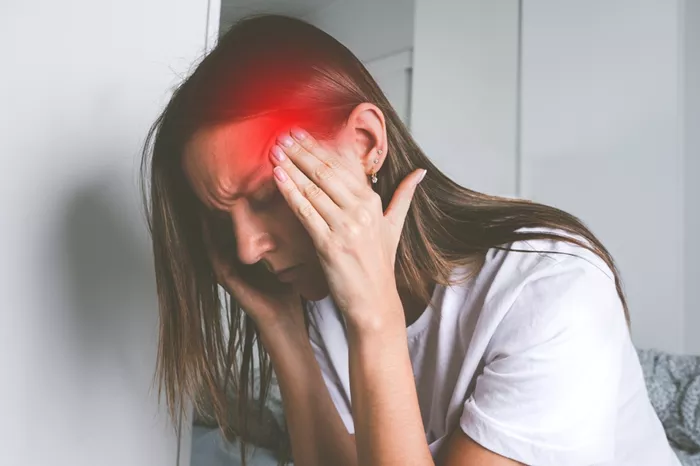A groundbreaking new migraine medication, atogepant, is demonstrating rapid relief for sufferers, according to recent findings published in Neurology®, the esteemed journal of the American Academy of Neurology. The study reveals that atogepant, a CGRP (calcitonin gene-related peptide) receptor antagonist, could significantly reduce the frequency of migraines—and may begin to work on the first day of use.
Migraine sufferers often face a long road to finding effective treatments, with many existing medications requiring weeks or even months to show results. For some, the lack of immediate improvement leads to discontinuing treatment altogether. Atogepant offers a new ray of hope, as it not only promises quick action, but also fewer side effects compared to traditional therapies.
Dr. Richard B. Lipton, MD, the study’s lead author and a professor at Albert Einstein College of Medicine, noted: “With many existing treatments, it can take time to find the right dosage, and patients often give up before reaching full effectiveness. The ability to deliver quick, effective relief from migraine pain is critical, especially for a condition as debilitating as migraine.”
The study analyzed data from three large clinical trials involving over 800 participants and found that those taking atogepant experienced a significant reduction in migraine frequency compared to those on a placebo. Participants who started taking atogepant were less likely to experience a migraine on the very first day of treatment.
In the ADVANCE trial, which involved episodic migraine sufferers, 12% of patients on atogepant had a migraine on Day 1, compared to 25% of those on placebo.
In the ELEVATE trial, which included participants who hadn’t responded well to previous treatments, 15% of patients on atogepant had a migraine on Day 1, compared to 26% of those on placebo.
The PROGRESS trial, which focused on individuals with chronic migraine, saw 51% of participants on atogepant experiencing a migraine on Day 1, compared to 61% for those on placebo.
Additionally, after four weeks, patients on atogepant reported fewer migraines per week compared to the placebo group. Those in the ADVANCE and ELEVATE trials experienced a reduction of one full migraine day per week, while participants in the PROGRESS trial reported a 1.5-day decrease.
Atogepant also significantly improved the quality of life for sufferers, reducing the impact migraines had on daily activities, relationships, work, and overall well-being.
Migraine is the second leading cause of disability worldwide, and the top cause of disability among young women. The effects of chronic migraine extend far beyond physical pain, affecting relationships, careers, and overall life satisfaction. Dr. Lipton emphasized the importance of rapid relief, stating: “Having a treatment that works quickly and effectively is vital, as it directly addresses a key need for those living with this debilitating condition.”
While the findings are promising, it is important to note that the study included predominantly white female participants, and further research is necessary to determine whether these results are applicable to all demographic groups.
The promising results of atogepant offer hope to millions of people affected by migraine, many of whom have long struggled to find effective and fast-acting treatments. With the support of AbbVie, the maker of atogepant, this new drug may soon become a game-changer in the fight against migraine pain, providing both quick and lasting relief for individuals in need.
Read more:
- How To Treat Postmenopausal Migraines?
- How Many Headaches Are Caused By Dehydration?
- The Link Between Sadness and Headaches: Physiology & Relief


